Constitution Change: A Nation Divided – Newest Developments And Ongoing Debates
Constitution Change: A Nation Divided – Newest Developments and Ongoing Debates
Associated Articles: Constitution Change: A Nation Divided – Newest Developments and Ongoing Debates
Introduction
On this auspicious event, we’re delighted to delve into the intriguing matter associated to Constitution Change: A Nation Divided – Newest Developments and Ongoing Debates. Let’s weave attention-grabbing info and provide recent views to the readers.
Desk of Content material
Constitution Change: A Nation Divided – Newest Developments and Ongoing Debates
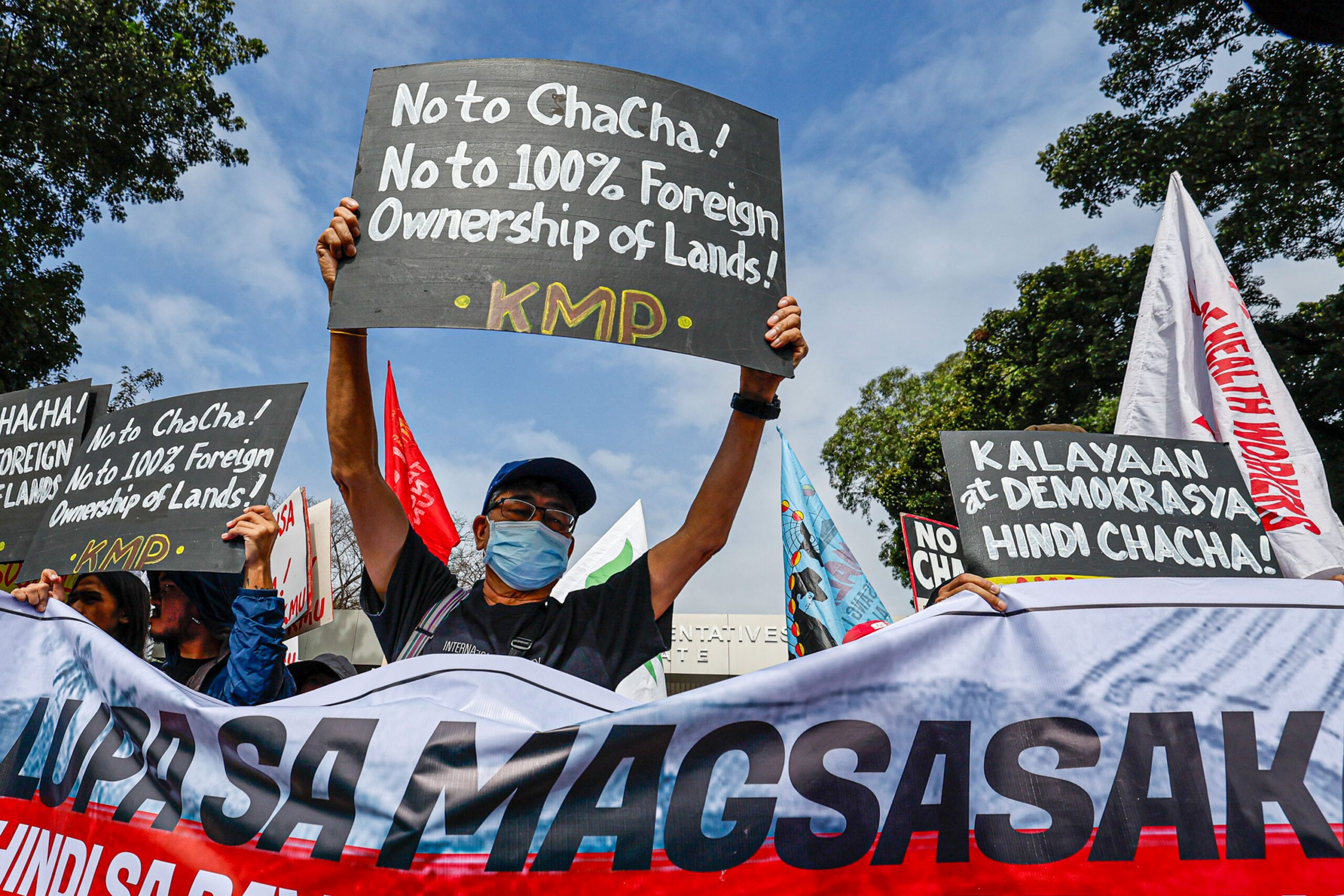
The decision for constitution change (Cha-cha), or amending the 1987 Philippine Structure, stays a persistent and infrequently contentious challenge in Philippine politics. Whereas proponents argue for obligatory reforms to handle urgent nationwide issues, opponents elevate issues about potential abuses of energy and the undermining of democratic establishments. Latest developments have reignited the controversy, showcasing the complicated interaction of political maneuvering, public opinion, and the elemental rules of governance at stake.
The Present Panorama: A Abstract of Latest Developments
The push for constitution change has taken varied kinds through the years, starting from incremental amendments concentrating on particular provisions to extra radical overhauls aiming for a shift within the nation’s political system. Latest exercise has primarily centered round:
-
Financial Reforms: A major driving pressure behind the present push for Cha-cha is the need to draw extra overseas funding and stimulate financial progress. Proponents argue that amending sure provisions associated to overseas possession restrictions in key industries is essential for competitiveness within the world market. This has been a very sturdy argument in sectors like land possession and public utilities. Nonetheless, critics warn in opposition to potential exploitation and the erosion of nationwide sovereignty.
-
Political Reforms: Discussions surrounding political reforms inside the context of constitution change usually contain proposals for a shift to a parliamentary system, a federal system, or a mixture of each. Proponents argue that these modifications may improve effectivity, cut back political gridlock, and promote higher regional autonomy. Opponents, nonetheless, categorical issues concerning the potential for elevated political instability and the focus of energy.
-
Public Opinion and Political Will: Public opinion on constitution change stays deeply divided. Whereas there’s a phase of the inhabitants that helps particular amendments deemed useful for financial progress, there’s important apprehension relating to the potential unfavorable penalties of broader constitutional modifications. This division is mirrored within the lack of a transparent and constant political will to pursue important constitutional reforms. The help for Cha-cha usually fluctuates relying on the precise proposals and the political local weather.
-
Challenges to the Course of: The method of amending the Philippine Structure itself is complicated and fraught with political hurdles. The required supermajority in Congress and potential referendums current important obstacles. Moreover, the dearth of a unified consensus on the precise amendments wanted and the potential for partisan maneuvering additional complicate the method. This usually results in extended debates and delays, generally ensuing within the abandonment of proposed modifications.
Key Arguments for Constitution Change:
Advocates for constitution change usually advance the next arguments:
-
Financial Improvement: They argue that restrictive provisions within the Structure hinder overseas funding and financial progress. Stress-free these restrictions, notably on overseas possession in land and key industries, is seen as essential for attracting capital and creating jobs.
-
Political Reform: Proponents imagine {that a} shift to a parliamentary or federal system may result in extra environment friendly governance, diminished political gridlock, and higher regional autonomy. This might doubtlessly tackle long-standing problems with inequality and uneven growth throughout the archipelago.
-
Addressing Inefficiencies: Some argue that the present presidential system is vulnerable to inefficiency and corruption. A shift to a unique system may, they declare, result in a extra responsive and accountable authorities.
-
Modernizing the Structure: The 1987 Structure was drafted in a selected historic context. Proponents argue that it must be up to date to mirror the present realities and challenges dealing with the nation.
Key Arguments Towards Constitution Change:
Opponents of constitution change elevate a number of issues:
-
Danger of Abuse of Energy: They concern that amending the Structure, notably by a swiftly drafted course of, may result in the focus of energy within the arms of some, doubtlessly undermining democratic establishments and checks and balances.
-
Lack of Public Session: Critics usually level to a scarcity of enough public session and debate on proposed amendments. They argue that such essential selections shouldn’t be made with out broad public enter and understanding.
-
Unintended Penalties: Opponents warn concerning the potential for unintended and unfavorable penalties from sweeping constitutional modifications. They argue that the potential dangers outweigh the perceived advantages.
-
Political Instability: The method of amending the Structure may be extremely divisive and politically destabilizing. Opponents concern that pursuing constitution change may divert consideration and sources from extra urgent points.
-
Historic Context: Some argue that the 1987 Structure, whereas not excellent, serves as a significant basis for Philippine democracy. They concern that amending it may unravel hard-won good points in human rights and democratic governance.
Particular Proposed Amendments and Their Implications:
Whereas particular proposals for constitution change differ, some recurring themes embrace:
-
Overseas Possession Restrictions: Amendments to calm down restrictions on overseas possession in land and sure industries are persistently proposed. The implications embrace elevated overseas funding, but additionally potential issues about nationwide sovereignty and the displacement of native companies.
-
Shift to a Parliamentary System: This entails altering the construction of presidency, doubtlessly resulting in a extra collaborative and fewer centralized system. Nonetheless, it additionally raises questions on political stability and the potential for coalition governments.
-
Federalism: This entails decentralizing energy to regional governments, doubtlessly addressing regional disparities. Nonetheless, it additionally raises issues about potential secessionist actions and administrative complexities.
The Function of Media and Civil Society:
The media and civil society organizations play an important function in informing the general public and facilitating debate on constitution change. They supply platforms for various viewpoints and maintain policymakers accountable. Nonetheless, the unfold of misinformation and the affect of partisan pursuits can complicate the method of knowledgeable public discourse.
Conclusion:
The talk surrounding constitution change within the Philippines is much from over. The interaction between financial aspirations, political ambitions, and issues about democratic safeguards continues to form the nationwide dialog. An intensive and clear course of, with important public session and debate, is essential to making sure that any constitutional modifications mirror the need of the individuals and serve one of the best pursuits of the nation. The way forward for the Philippine Structure stays a topic of intense scrutiny and ongoing dialogue, demanding cautious consideration of each the potential advantages and the inherent dangers concerned. Finally, the success of any constitution change initiative hinges on reaching a broad nationwide consensus and a dedication to safeguarding democratic rules. The approaching years will undoubtedly witness additional developments on this complicated and essential political debate.

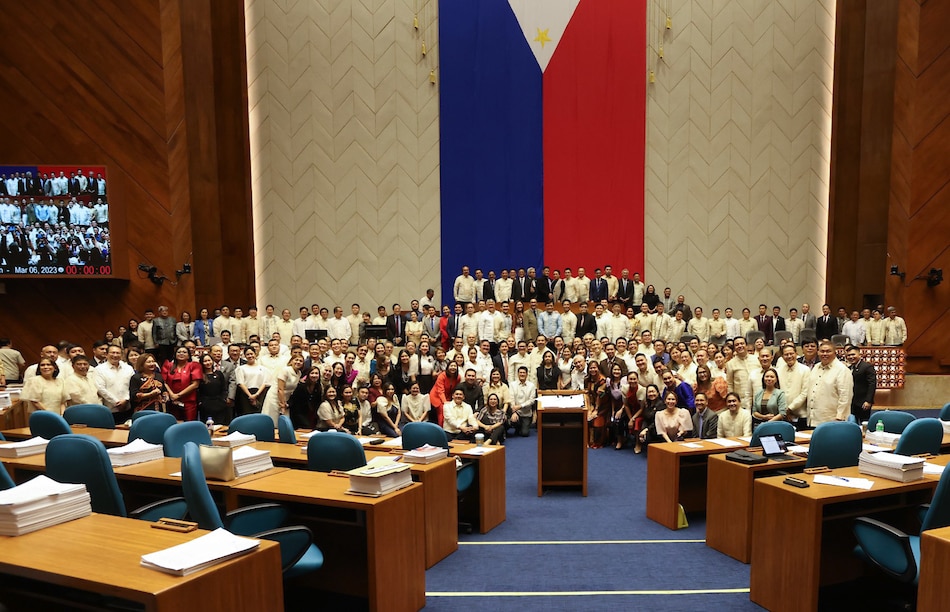
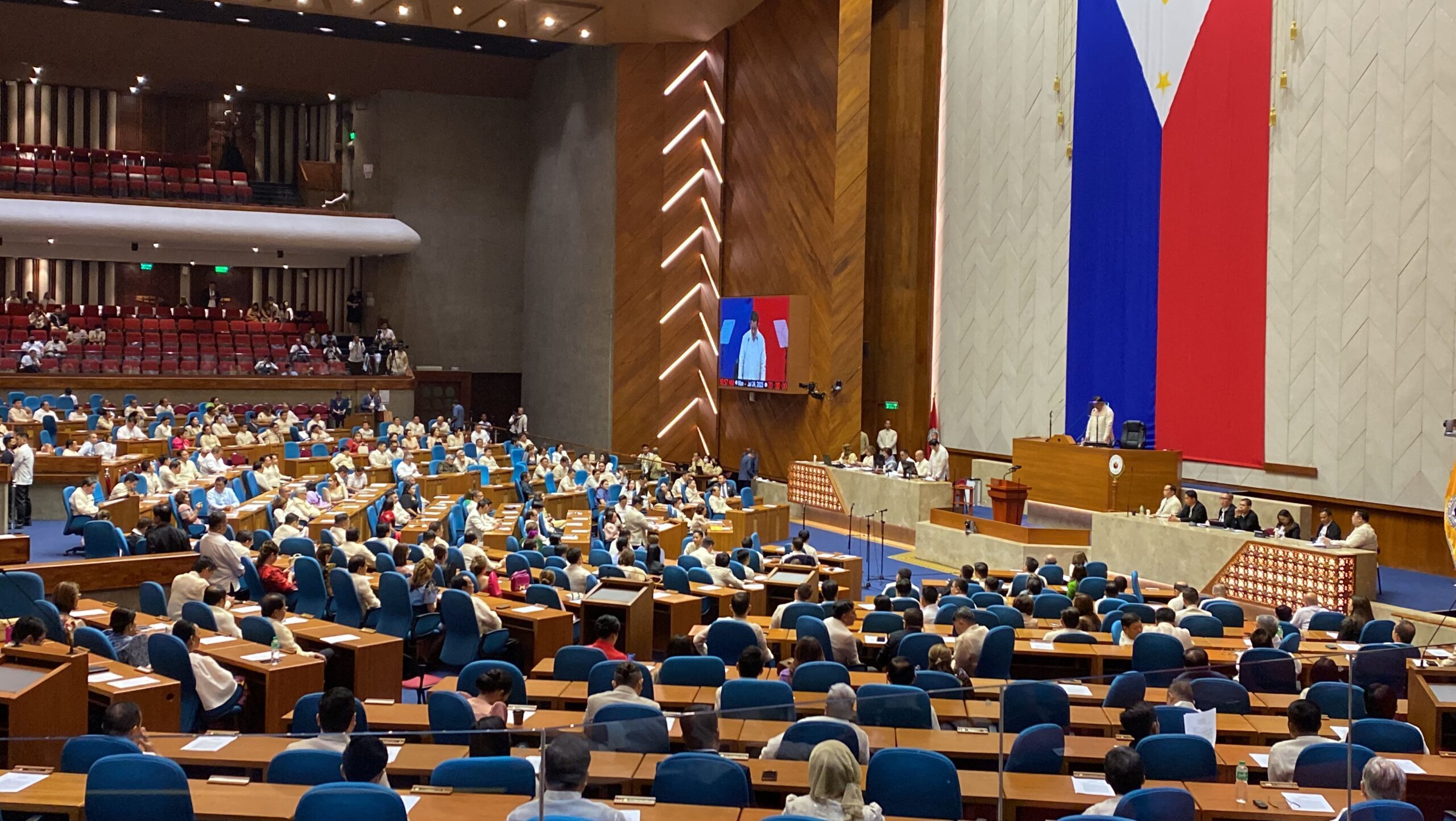
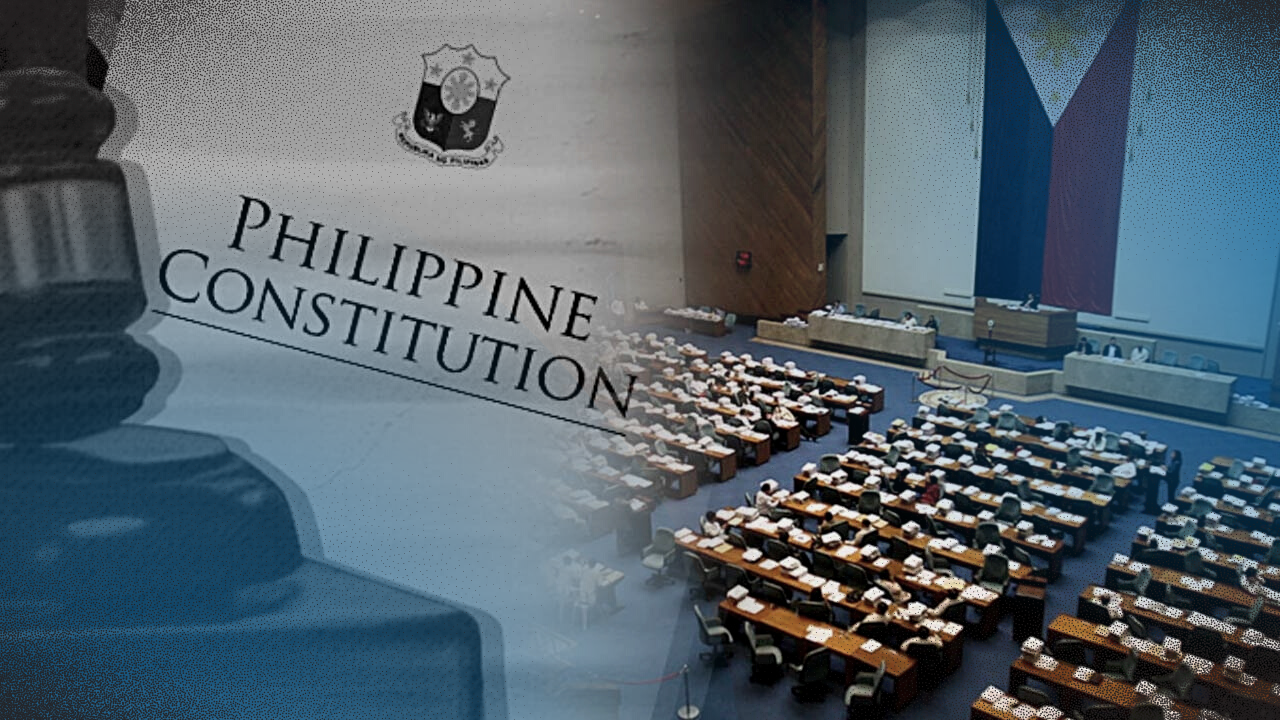
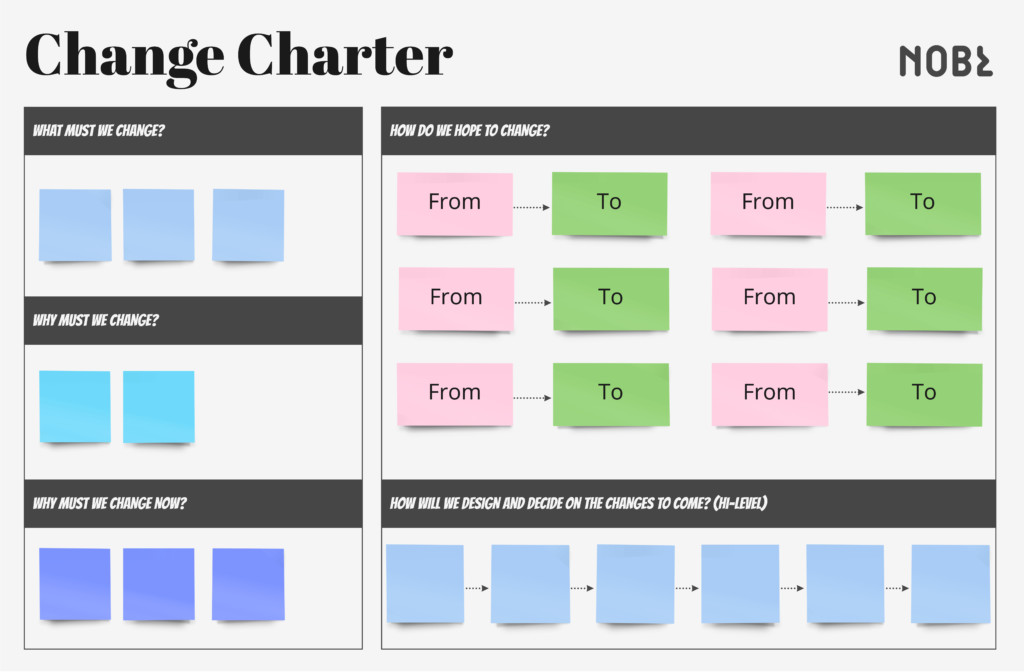
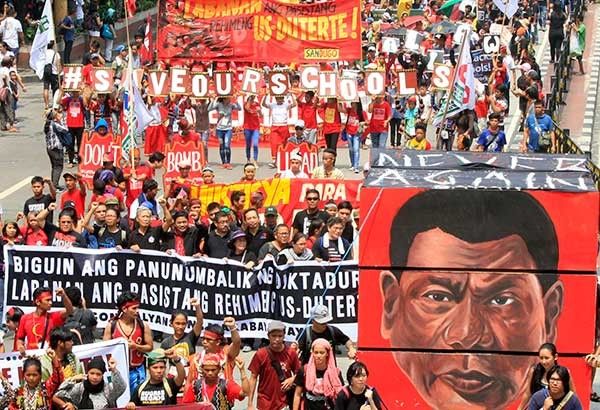


Closure
Thus, we hope this text has offered beneficial insights into Constitution Change: A Nation Divided – Newest Developments and Ongoing Debates. We thanks for taking the time to learn this text. See you in our subsequent article!